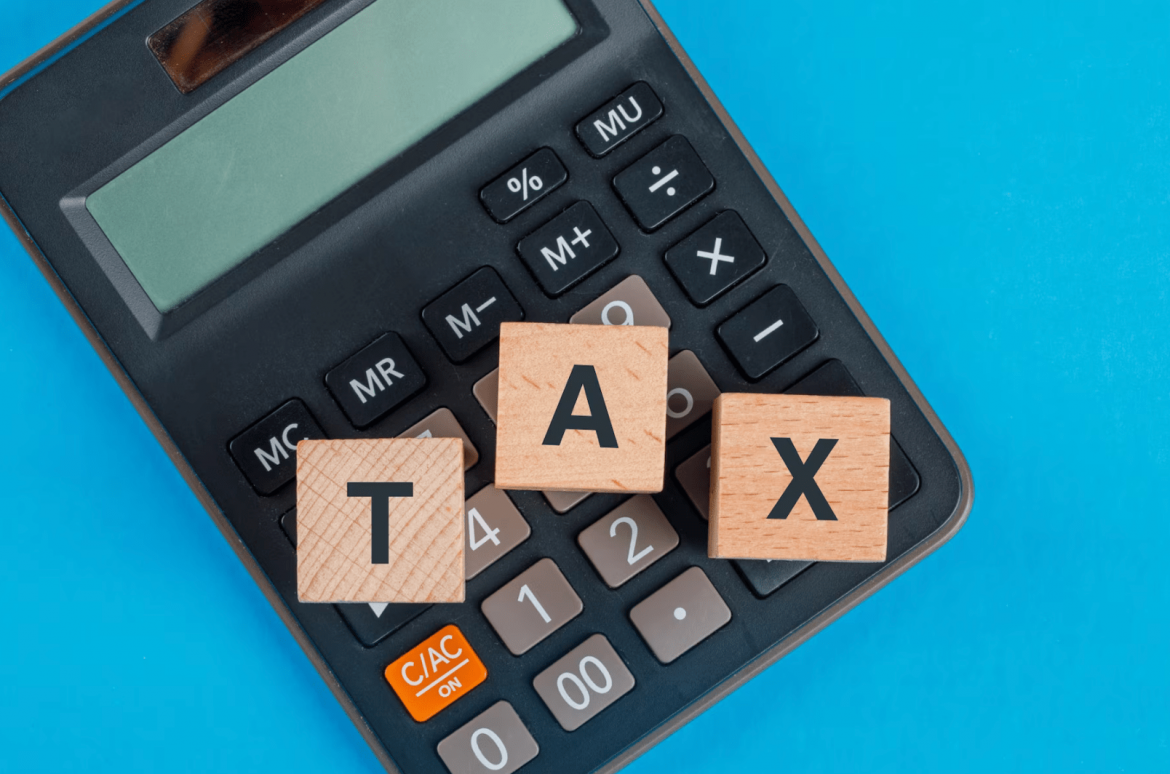Tax planning is a fundamental issue in the creation of financial strategies for both individuals and companies. By understanding the basics of planning and implementing effective strategies, taxpayers can minimize their liabilities while staying compliant with the law. In this article, we will explore the importance of planning and provide strategies for individuals and businesses to optimize their outcomes.
Understanding Tax Planning Basics

The process involves strategically managing financial affairs to minimize liabilities legally. Its primary purpose is to ensure taxpayers pay the proper tariffs while taking advantage of available deductions, credits, and incentives.
Effective planning offers several benefits, such as reducing the taxation burden, increasing cash flow, maximizing wealth accumulation, and achieving financial goals. It is crucial to differentiate tax planning from tax evasion, as it focuses on legitimate strategies within the confines of the law.
| Tax Type | Definition | Examples for Individuals | Examples for Businesses |
| Income | It imposed on individuals’ and businesses’ income | Personal income taxation | Corporate income taxation, self-employment taxation |
| Sales | Taxation on sales of goods and services | State sales, value-added tax (VAT) | Sales taxation on products or services |
| Property | Tax on the value of properties | Real estate property tax | Taxation on business premises |
| Capital Gains | Tax on gains on the sale of financial assets | Taxation on gains from the sale of stocks, real estate | Taxation on gains from the sale of assets belonging to the company |
| Payroll | Taxation on salaries and wages paid by the company | Social Security, Medicare taxation | Payroll taxes for employees |
| Estate | Taxation on transfer of property originated as a result of death | Taxation on inherited assets and wealth | Estate taxation on business assets |
| Gift | Taxes originated as a result of the transfer of assets | Taxation on gifted money, assets, or properties | Taxation on business gifts and transfers |
| Excise | The tariff imposed on specific goods or activities | Taxation on tobacco, alcohol, gasoline | Excise tariff on specific business activities |
| Use | Taxation on purchases made online or from out-of-state | Taxation on online purchases made by individuals | Taxation on business purchases made out of state |
| Business License | Taxation levied on businesses for operating legally | Local businesses | Taxation on businesses for obtaining licenses |
| Employment | Taxation related to employing workers | Taxes to fund Social Security Programs and Medicate Program | Social Security and Medicare taxes for employees |
| Value Added Tax (VAT) | Value added taxation arising from each stage of the production process | Consumers of goods and services | Value-added taxation on business goods and services |
| Excise Duty | Taxation on the production activity, on the sale or consumption of goods | Taxation on tobacco, alcohol, gasoline | Excise duty on specific business products or activities |
| Custom Duties | Taxation of goods originating as a result of importation | Any imported goods | Customs duties on imported goods |
Planning Strategies for Individuals
- Maximizing deductions and credits: individuals can identify eligible deductions and credits to minimize their taxable income. It includes deductions for mortgage interest, student loan interest, state and local taxes, charitable contributions, and medical expenses. Maintaining organized records is essential to substantiate these deductions.
- Utilizing tax-advantaged accounts: individuals can take advantage of retirement savings options like 401(k)s and IRAs, which provide benefits such as tax-deferred growth or tax-free withdrawals. Health savings accounts (HSAs) and flexible spending accounts (FSAs) offer advantages for medical expenses.
- Timing income and expenses: the timing of income and expenses can impact your liability. Individuals can optimize their situation by strategically deferring or accelerating income and expenses. For example, postponing a year-end bonus to the following year may reduce the current tax liability.
- Taking advantage of credits: researching and planning for available credits can significantly reduce liability. These can be the child tax credit, the earned income tax credit, and education aid. Meeting the eligibility criteria and understanding the credit requirements are essential.
Planning Strategies for Businesses
- Choosing the right business structure: selecting an appropriate business structure, such as a sole proprietorship, partnership, corporation (C Corp), or S corporation (S Corp), can impact tax obligations. Each structure has different implications, including pass-through taxation, double taxation, and limited liability. Evaluating the tax implications of different structures is crucial.
- Maximizing deductible expenses: businesses should identify and track all business-related expenses to maximize deductions. This includes expenses for supplies, equipment, employee wages, marketing, and professional services. Understanding deduction limits and guidelines is essential for proper expense management.
- Utilizing tax incentives and credits: many industries offer specific tax incentives, such as research and development (R&D) tax credits, work opportunity tax credits (WOTC), and renewable energy investment tax credits. Businesses should research and take advantage of these incentives to reduce their tax liability.
- Strategic income management: strategically managing taxable income can optimize business planning. Balancing income recognition across different fiscal periods can help businesses avoid high tax liabilities in one year. Strategies such as delaying invoicing or prepaying expenses can be employed to manage taxable income effectively.
More about Tax Planning
Collaborating with Professionals
Working with a professional can provide valuable insights and expertise in navigating the complexities of planning. Tax professionals can help individuals and businesses understand relevant laws, identify suitable strategies, and ensure compliance. Selecting the right advisor based on qualifications and experience is crucial. A long-term relationship with a professional allows for ongoing guidance and proactive planning.
Common Mistakes to Avoid
To maximize benefits, individuals and businesses should avoid common planning mistakes. These include overlooking available deductions and credits, failing to plan for estimated taxes, and disregarding changes in laws and regulations. Staying informed and seeking professional advice can help avoid costly errors.
Conclusion
Tax planning is a vital aspect of financial management for individuals and businesses. By understanding the basics of planning and implementing effective strategies, taxpayers can minimize their tax liabilities while remaining compliant with the law.
Maximizing deductions and credits, utilizing tax-advantaged accounts, strategically timing income and expenses, and taking advantage of tax incentives are critical strategies for individuals and businesses.
Collaborating with professionals and avoiding common mistakes is essential for successful planning. By proactively engaging in planning, individuals and businesses can optimize their financial outcomes and achieve their long-term goals.
Links:
